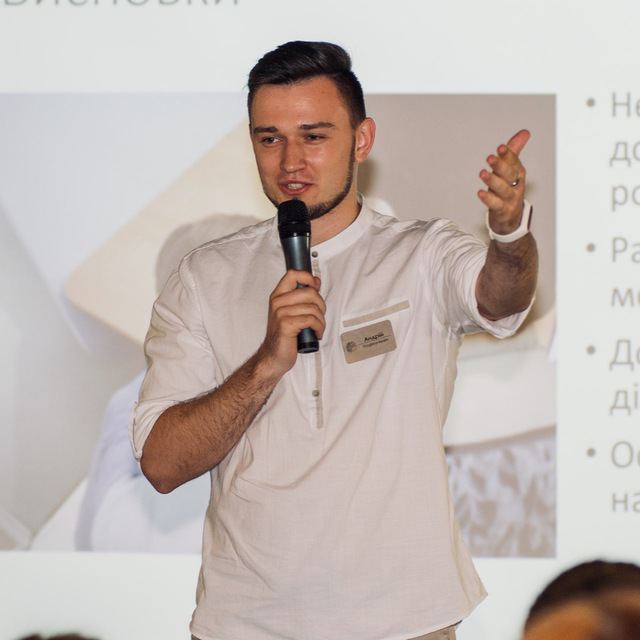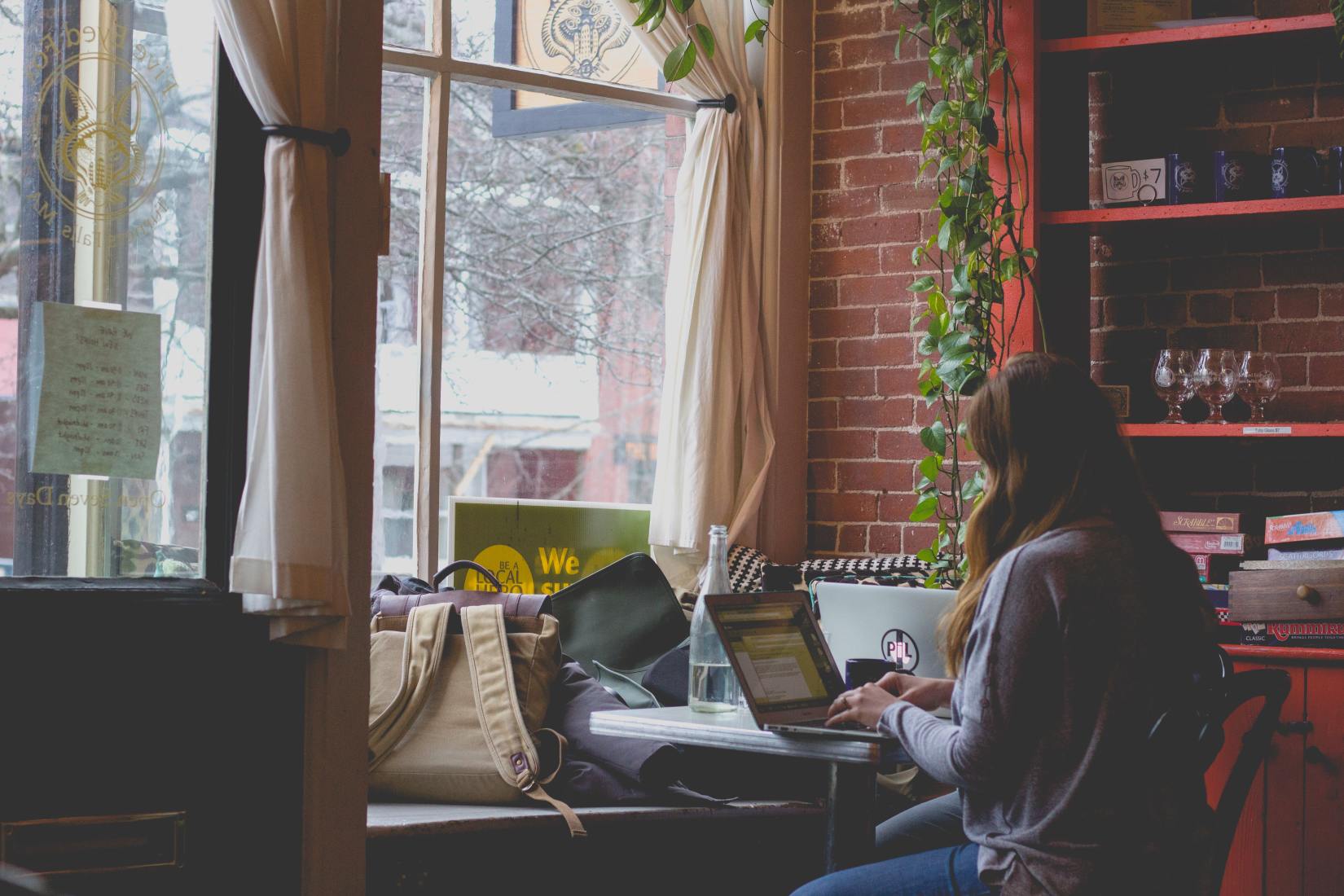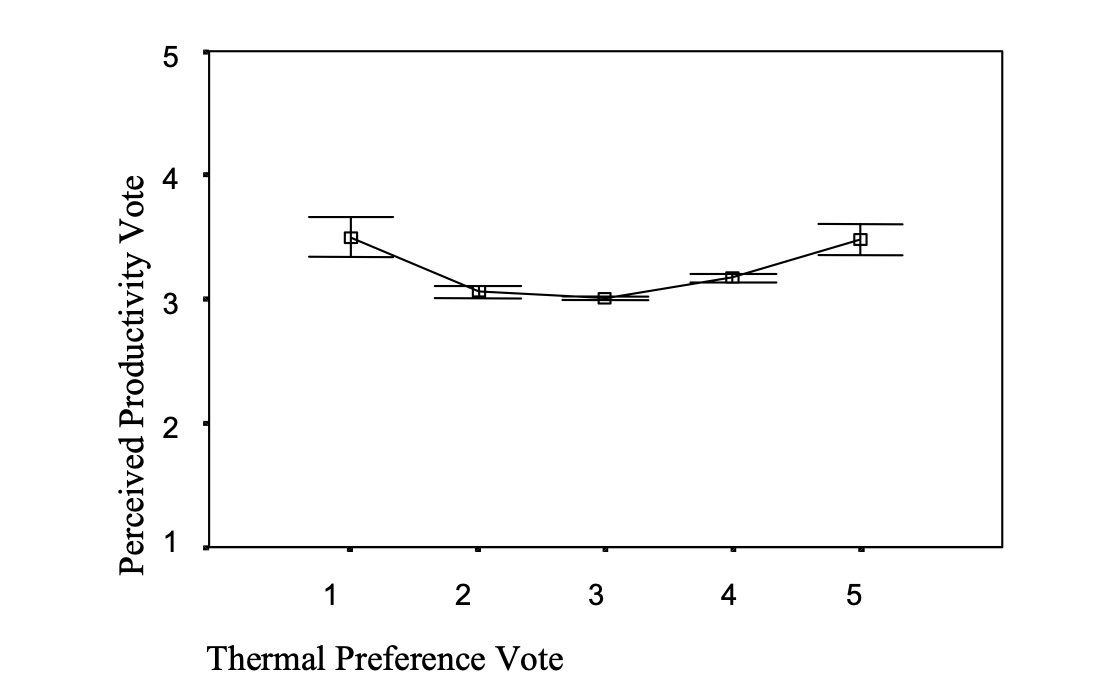In what ways is productivity declining, and how to restore it?

In what way is productivity decreasing, and why can’t we restore it?
According to recent productivity statistics, the average British employee is only productive at an optimal level for 2 hours and 53 minutes per day . Considering the average British workday entails 8-9 hours including a lunch break, this dip is rather shocking. The onset of the pandemic in 2020 saw many people convert to home offices, including those who have never done so before – however, while working from home is a rather self-explanatory contributor to the decrease in productivity, as are other basic elements that we are either neglecting or misunderstanding. Today we plan to discuss five reasons as to why productivity is decreasing and how we may improve it, with regard to energy and interest, body comfort, body sensitivity, creativity and importance, and ideas – with input from our guest interviewee, Andrew Lazetskyi (Facebook, Workee), who is a psychotherapist and Psychosomatic Medicine Doctor, and running his practice with Workee.
Energy and interest
Generally, lack of productivity simply comes from depleted energy levels and not having adequate rest. The workforce and world of capitalism has adopted an approach whereby workers are viewed as robots rather than humans – whereby a person can simply be given an input (a task or demand) and produce an output (result or conclusion). This ideology doesn’t take energy levels, personal life, stress, or the effect of burnout into account – hence leading to less productivity. According to the OHS, 43% of Americans don’t get enough sleep to navigate work tasks, 81% are at risk of fatigue, and 76% of workers feel tired at work.
Within organizational psychology, it is theorised that employees can get adequate rest by engaging with nature on breaks, completing mastery or spiritual experiences, or taking part in positive work interventions. Kaplan’s Attention Restoration Theory strongly advocates for replenishment via spending time in nature, and there is much research that implies unanimity. Andrew made a good analogy regarding energy, that being “If we are tired, we are used to having a cup of coffee or an energy drink, but it does not restore energy, it only makes the nervous system even more tense and depleted in the long run. It's like squeezing toothpaste out of a tube where there’s not enough. No matter how hard we press, we should still buy a new one.”

Body comfort and body sensitivity
The working from home trend found many employees still dressing up in their go-to-work attire in effort to maintain productivity, rather than sitting around in pyjamas all day. However, as a psychotherapist, Andrew argues the need for body comfort and regard to body sensitivity, with which we couldn’t agree more “Our body has a whole system that cares about comfort. This is an interoceptive system. From the organs every second, there are impulses to the brain to regulate comfort. By focusing on abstractions, we can train "bodily blindness” – and then it takes strong and unpleasant signals to break through to consciousness.”

Body comfort and sensitivity varies person to person, as we all have varying neural pathways and nervous systems – wearing professional attire may result in optimum productivity for one person, and casual wear may for another. We recommend trying out varying outfits (If possible and inline with your work dress code) to discover what truly generates comfort for you. It is also rather vital to be in a work environment that prioritises comfort – in fact, a study by McCartney and Humphreys on European office buildings found that perceived temperature (also known as thermal comfort) is correlated with higher productivity rates. As Andrew also remarked regarding comfort and stress, “We are comfortable when there are no unpleasant sensations and there are pleasant ones. If the body is pressing, whining, sore, tense, hot or cold, there will be signals of danger to the brain. This will alert the sympathetic nervous system, which will exhaust us and expend energy on the struggle for life."

Creativity and importance
It has long since been known among psychologists that creativity optimises the production of dopamine and hence increases productivity, but as does the level of importance a task maintains. A report by Edwin A. Locke as early as 1968 inferred that task motivation (which results in productivity) requires a clear individual goal and intention that radiates importance – and not much has changed in the past 50 years. It makes logical sense – if we don’t deem a task as important or it doesn’t have a clear objective, we don’t want to do it because we don’t see the point. As Andrew said, “The desire to know, to try, to see what will happen is a strong motivating factor. For it to turn on, we need to practice creative tasks or have a sense of belonging to something bigger. It is not interesting to read the text about the boy, but the masterpiece "The Little Prince" - yes!".

The importance of listening to your body
As previously mentioned, many workers are exhausted – plain and simple. A good way to restore productivity is by truly listening to your body when you have time off, whether that’s a day off, week off, or couple of hours off. A series of experiments undertaken by researcher Kjeldgaard in 2013 discovered a new method of improving your focus and emotional regulation, which was by paying attention to our physiological functions (such as heart rate, breathing rate, our perspiration, and so on). Kjeldgaard was able to conclude that we can improve our focus and overall well-being by paying attention to our bodily functions and catering our lifestyle to them.
Obviously being able to do what your physiology desires at any given moment is a privilege, as many people have demands outside of work such as children, education, health issues and so on. These obstacles are why Andrew’s expertise advises to ask your body questions as though you were asking another person, and when you do have time to listen to your body and take time out for self-care. “Put aside days for bodily sensitivity. This is when all day long your attention is focused on feeling the body and creating comfortable conditions for it. One should ask oneself: “What do I want now? What is causing me discomfort now? What can I do to be comfortable?” As you work, set up notifications to remind you of your body and its needs. As for inspiring ideas, look at the beautiful and big. Take time to be in nature without gadgets and watch November and listen to the sound of the wind on the water.”

Overall, motivation is a tricky area to navigate psychologically, but increasing your self-awareness can prove to restore energy and focus. As Workee has many functions in the same area, having an online office may also replenish motivation as you don’t need to go far to complete tasks. Andrew himself is a Workee user, and when asked why he chooses Workee he commented, “I like that Workee has a simple interface, and the client does not need to register to connect to a video consultation with me. Simplicity and speed are important to me”.
Create your professional story with a simple client management solution from Workee and join a network of professionals today.
If you have any questions about Andrew, visit his professional website powered by Workee.


